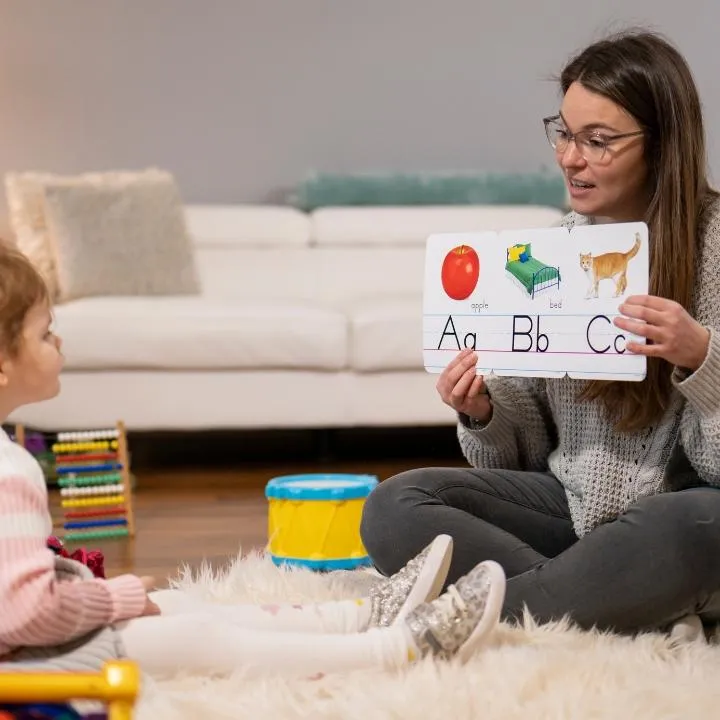Understanding the Readiness for Potty Training
Potty training can be a milestone for both parents and toddlers. Learn key steps on how to recognize readiness, establish a routine, handle accidents with patience, and transition from diapers to underwear with ease. Tips for daytime and nighttime training.



